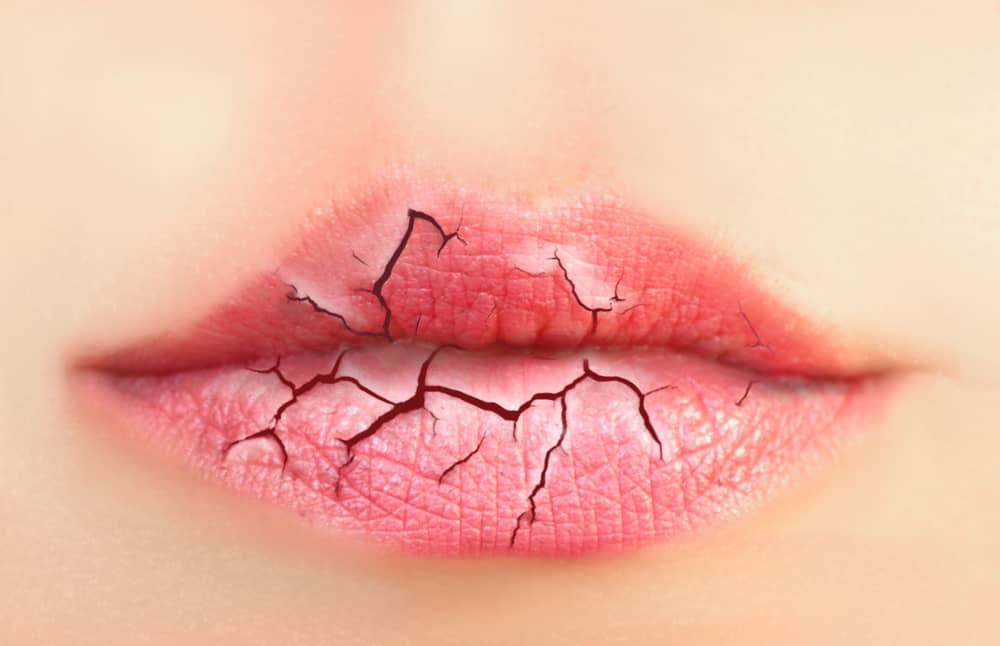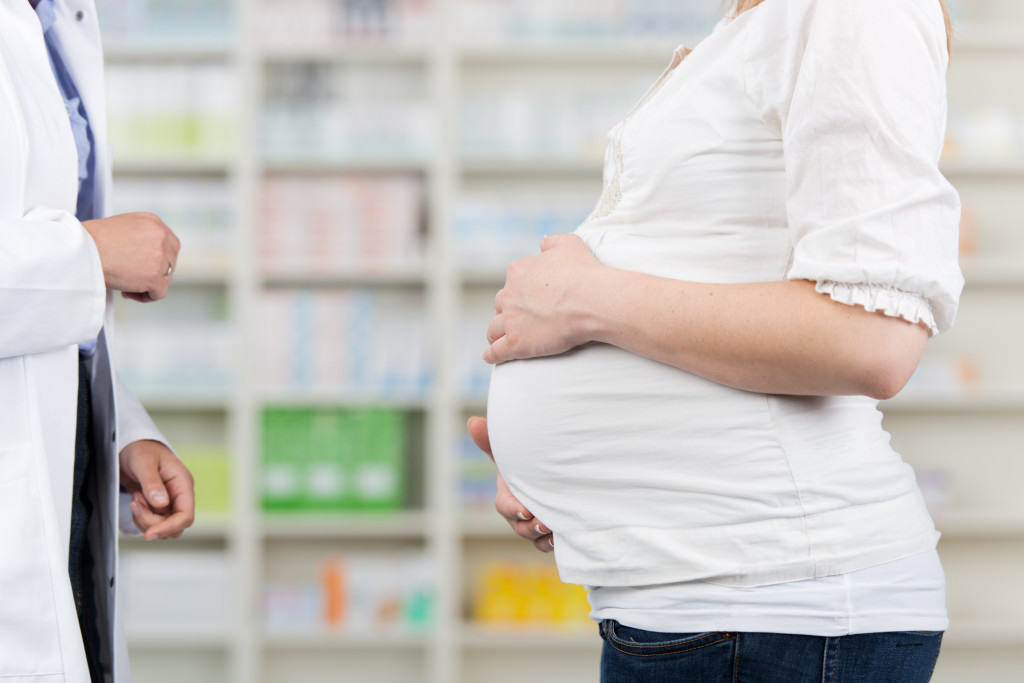Contents:
- Medical Video: Anemia - Causes, Symptoms, Treatments & More…
- Causes of anemia
- Signs and symptoms of anemia during pregnancy
- Prevent anemia during pregnancy
- Need iron supplements?
- Foods rich in iron
Medical Video: Anemia - Causes, Symptoms, Treatments & More…
During pregnancy, your body will produce more red blood cells to meet the needs of your body and the baby. Each piece of red blood cells uses iron as the core. Iron can not be made by the body itself, so this substance intake must be met from the food you eat.
Even though it is found in many foods, iron tends to be difficult to absorb, so your body has a hard time getting enough to meet needs during pregnancy. Iron deficiency can make the number of red blood cells less. This condition is called anemia. Iron deficiency anemia is very common and easy to treat.
Your body also needs nutrients called folate to make healthy blood cells. Folate is easily absorbed and is found in most green vegetables.
Causes of anemia
- Intake of foods low in iron and folate
- There is an increase in the number of damaged red blood cells. Usually, this condition can occur during illness
Signs and symptoms of anemia during pregnancy
Often, pregnant women who get anemia do not show specific symptoms. If anemia is severe, you may feel tired and weak.
Prevent anemia during pregnancy
- Eat iron-rich foods such as meat, chicken, fish, eggs, dried beans and whole grains. The form of iron in meat products (called heme) is more easily absorbed than iron in vegetables. For those of you who are anemic and used to eating meat, increase the amount of meat on your menu. This step is the easiest way to increase iron in the body.
- Eat foods that are high in folic acid, such as dried beans, dark green leafy vegetables, wheat germ and orange juice.
- Eat foods high in vitamin C, such as citrus fruits and fresh raw vegetables.
- Cook food using a cast iron pot can add iron up to 80% more on your food.
- Take prenatal multivitamins and mineral pills containing additional folate.
Need iron supplements?
Because it is difficult to get enough iron in the daily menu, you might need additional iron supplements. Usually, prenatal vitamins contain enough iron to prevent anemia. However, your doctor may prescribe additional iron in the form of pills / tablets if you have anemia.
If the iron tablet feels uncomfortable on the stomach, fill your stomach with a little food. Avoid consuming iron tablets along with dairy products or calcium supplements.
Foods rich in iron
The nutritional adequacy rate (RDA) for iron during pregnancy is 30 milligrams. The following is a list of some iron-rich foods.
Foods containing 0.5-1.5 milligrams of iron:
- Chicken, 3 ounces
- Green beans, 1/2 cup
- Tomato juice, 6 ounces
- Broccoli, 1/2 cup
- Brussels sprouts, 1/2 cup cooked
- Wheat bread, 1 sheet
- Dried apricots, 5 parts
- Raspberry, 1 cup
- Strawberries, 1 cup
Foods containing 1.6-3 milligrams of iron:
- Sirloin steak, 3 ounces
- Roast beef, 3 ounces
- Non-fat hamburger, 3 ounces
- Baked potatoes with skin
- Red beans, 1/2 cup cooked
- Lima Beans, 1/2 cup cooked
- Navy Beans, 1/2 cup cooked
- Oatmeal, 1 cup cooked
- Raisins, 1/2 cup
Foods that provide 3-12 milligrams of iron:
- Shells, 4 large or 9 small fruits
- Oysters, 6 medium sized fruits
- Spinach, 1/2 cup cooked
- Cereal, 1 cup
Additional sources of iron:
- Animal liver (except fish). However, animal hearts should not be consumed more than once a week
- Lean beef, pork or lamb
- Vegetables, all types
- Sauerkraut
- Tofu
- Lentils
- Soybean flour
- Pasta
- Pure sugar, like molasses












